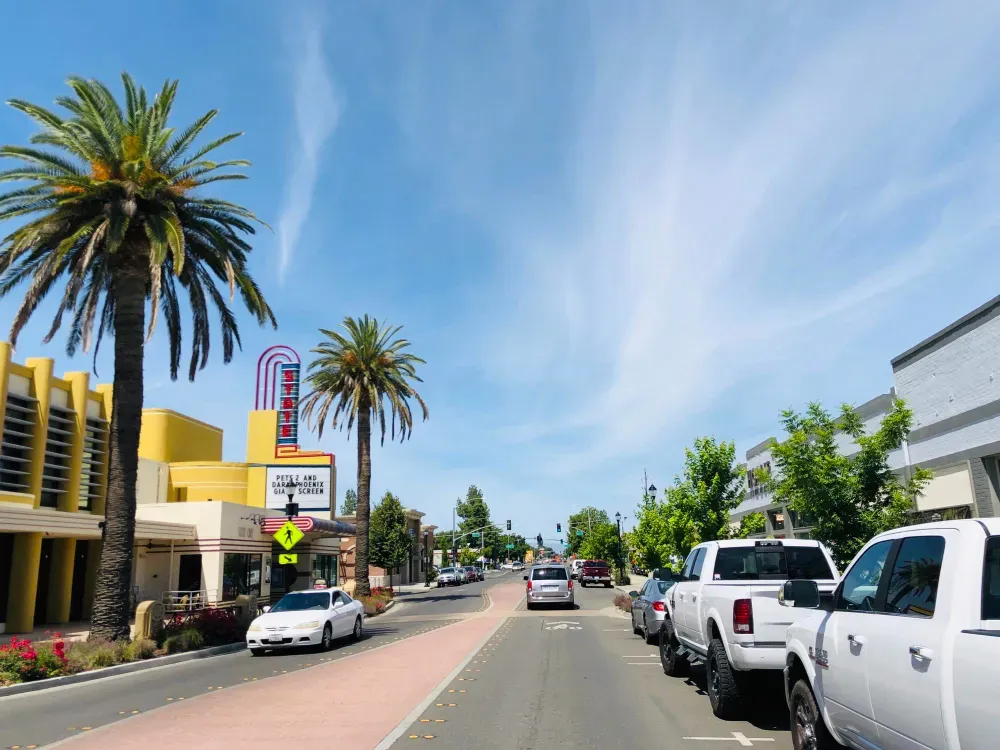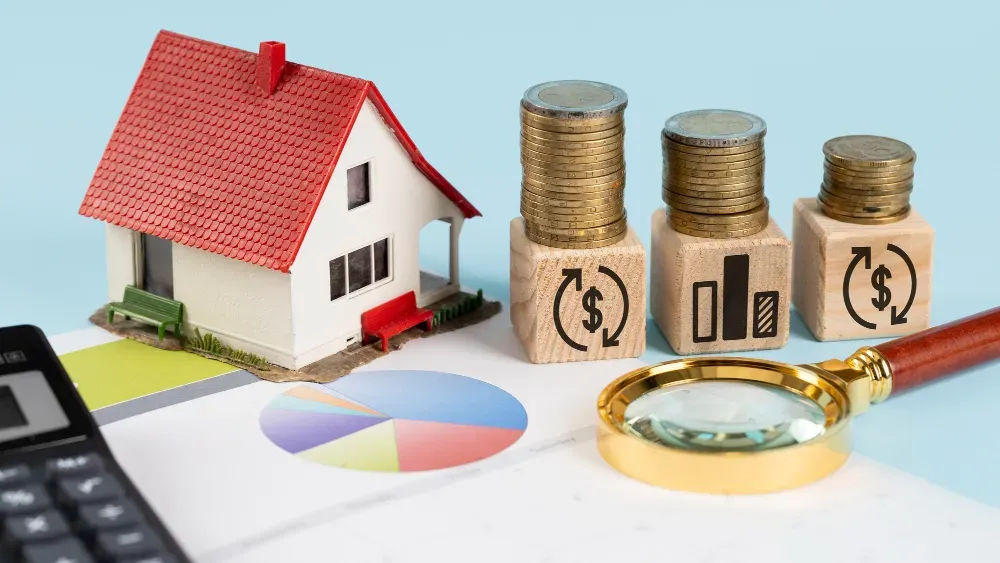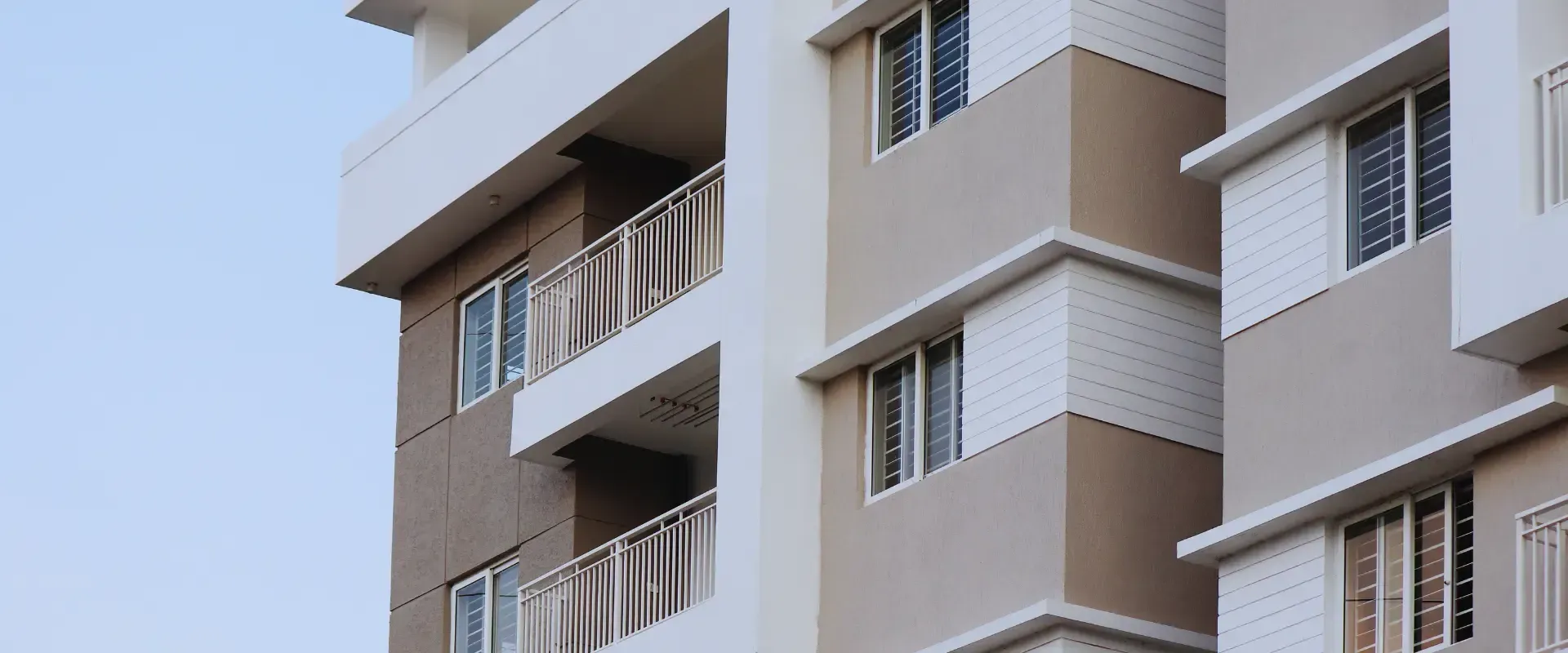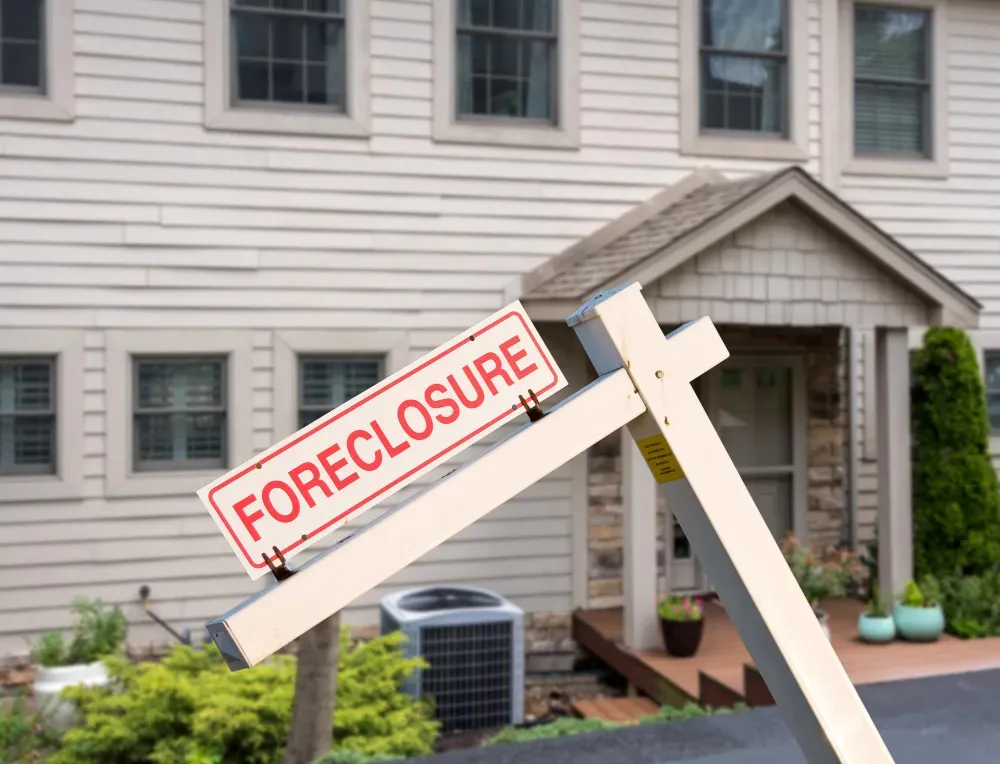Why Not Buy When Mortgage Rates Are Lower Than My Rent?
I remember the moment everything changed for me. Sitting in my small Las Vegas apartment, staring at my bank statement, I couldn't help but feel trapped. The rent I was paying seemed like money thrown into a bottomless pit, and everywhere I looked, people were talking about mortgage rates that were surprisingly lower than my monthly rent.

The Surprising Truth About Buying vs. Renting
Let me be straight with you – the decision to buy or rent isn't as simple as comparing monthly numbers. It's a complex journey that involves more than just dollars and cents. I learned this the hard way, after countless conversations with financial advisors and endless spreadsheet calculations.
In Las Vegas, where the real estate market dances to its own unique rhythm, the choice between buying and renting is particularly nuanced. Just because a mortgage payment might look lower than your rent doesn't mean buying is automatically the right move.
Diving Deep into the Financial Maze
When I first started exploring homeownership, I was shocked by the hidden costs. Sure, my potential mortgage payment looked attractive compared to my rent, but that was just the tip of the iceberg. Homeownership comes with a treasure trove of additional expenses that most people don't consider.
Think about maintenance – that leaky faucet? It's now your responsibility. Property taxes? Yep, those are on you too. Insurance, unexpected repairs, and those sneaky closing costs can quickly turn your seemingly great deal into a financial challenge.
The Las Vegas Real Estate Landscape
Our local market in Las Vegas is a fascinating beast. It's not just about finding a place to live; it's about understanding the intricate dance of local economic factors, neighborhood potential, and long-term investment opportunities.
Table: Comparing Renting vs. Buying in Las Vegas
| Factor | Renting | Buying |
|---|---|---|
| Monthly Cost | Fixed Rent | Mortgage + Additional Expenses |
| Maintenance | Landlord's Responsibility | Homeowner's Responsibility |
| Mobility | High Flexibility | Limited Flexibility |
| Long-Term Investment | No Equity Build-Up | Potential Equity Growth |
| Initial Costs | Security Deposit | Down Payment, Closing Costs |
Financial Readiness: More Than Just Numbers
Your financial health plays a crucial role in this decision. Your credit score, savings, and debt-to-income ratio aren't just numbers – they're the foundation of your housing strategy. I learned that being financially ready for homeownership isn't just about affording the monthly payment.
The Emotional Side of the Equation
Here's something they don't tell you – buying a home is as much an emotional decision as a financial one. The dream of homeownership can be powerful, but it needs to be balanced with practical considerations.
Exploring Alternative Paths
Just because buying might not be right immediately doesn't mean you're stuck. There are incredible investment strategies that can help you build wealth without the full commitment of homeownership.
Key Takeaways
- Lower mortgage rates don't automatically mean buying is better
- Homeownership involves multiple hidden costs
- Personal financial readiness is crucial
- Consider long-term lifestyle and career goals
- Explore alternative investment strategies
Frequently Asked Questions
Q: Is buying always better than renting?
A: Absolutely not. The right choice depends on your personal financial situation, lifestyle, and long-term goals.
Q: How do I know if I'm financially ready to buy?
A: Consider your credit score, savings, job stability, and ability to handle additional expenses beyond the mortgage.
Q: What additional costs should I consider when buying?
A: Maintenance, property taxes, insurance, potential HOA fees, and unexpected repairs are critical factors.
Conclusion: Your Unique Financial Journey
Remember, there's no one-size-fits-all answer. Your path is uniquely yours, shaped by your personal circumstances, dreams, and financial realities.











